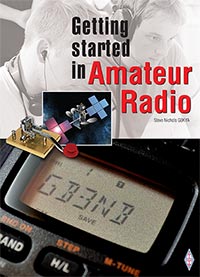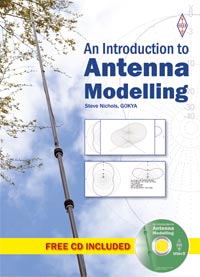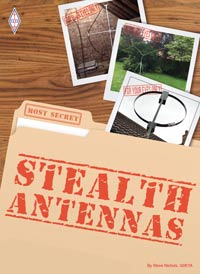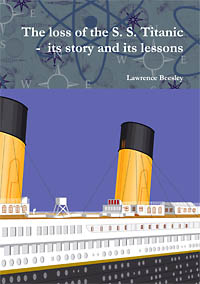 |
| CS5BLA as received at DK8NE - click for full size. |
The mains reasons
for this were:
1. To establish a
database of Es contacts that anyone could use for research.
2. To evaluate
claims that Es can be periodic – that is, good Es conditions may
repeat themselves over a finite period.
3. To look more
closely at so-called Short Path Summer Solstice (SSSP) propagation,
when stations in Japan (JA) are regularly heard in Europe around the
time of the summer solstice (June 21).
The first task was
to find a way to create a database of contacts on 6m. The decision I
took was to use the Reverse Beacon Network (RBN). This is a fully
automated system that uses CW skimmers to look for, decode and report
signals on the amateur bands.
The plan was to
analyse 6m beacons received by the skimmers in Europe. This would
take out any human element and also give 24-hour coverage as beacons
operate continuously.
So each day from May
1 to September 30 I downloaded the daily RBN logs, and pulled them
into Microsoft Excel. Once there I was able to use Excel's “Filter”
command to leave just the 6m CW reports received in Europe. A final
filter was applied to remove all contacts received in the same
entity, for example DL to DL. This reduced the file sizes
tremendously.
What were left were
certainly not all Es contacts. Only by later inspection would it be
possible to look for potential contacts in a typical Es range of
800–2,200 km (500 – 1375 miles).
What I ended up with
were monthly Excel files, ranging from 13.9Mb in July 2014 to 1.5Mb
in September. By opening them in Excel it was then possible to use
the “Filter” command to look at specific paths.
Ultimately,
I tried to combine all five months into a single Excel file for
others to use, but with more than 162,000 entries or lines the file
wouldn't save correctly.
 |
| The four paths examined - click for full size. |
The DK8NE 6m skimmer
uses an M2 HoLoop at 45m AGL, which feeds two skimmers covering
50.000-50.190 MHz (Perseus SDR) and 50.300-50.490 MHz (SDR-IQ), both
using a convertor.
I also looked at JA openings into EU on 6m.
I also looked at JA openings into EU on 6m.
The end result was
that I ended up with a lot of data, which was used for a feature
for the RSGB's RadCom magazine.
But if you want to
download the data and have a look yourself you can. Just choose one
or more of the links below. Once you have the file in Excel or
OpenOffice/LibreOffice Calc you can use the "Filter” command to
select what you want to look at.
Downloadable
Excel Files:













No comments:
Post a Comment